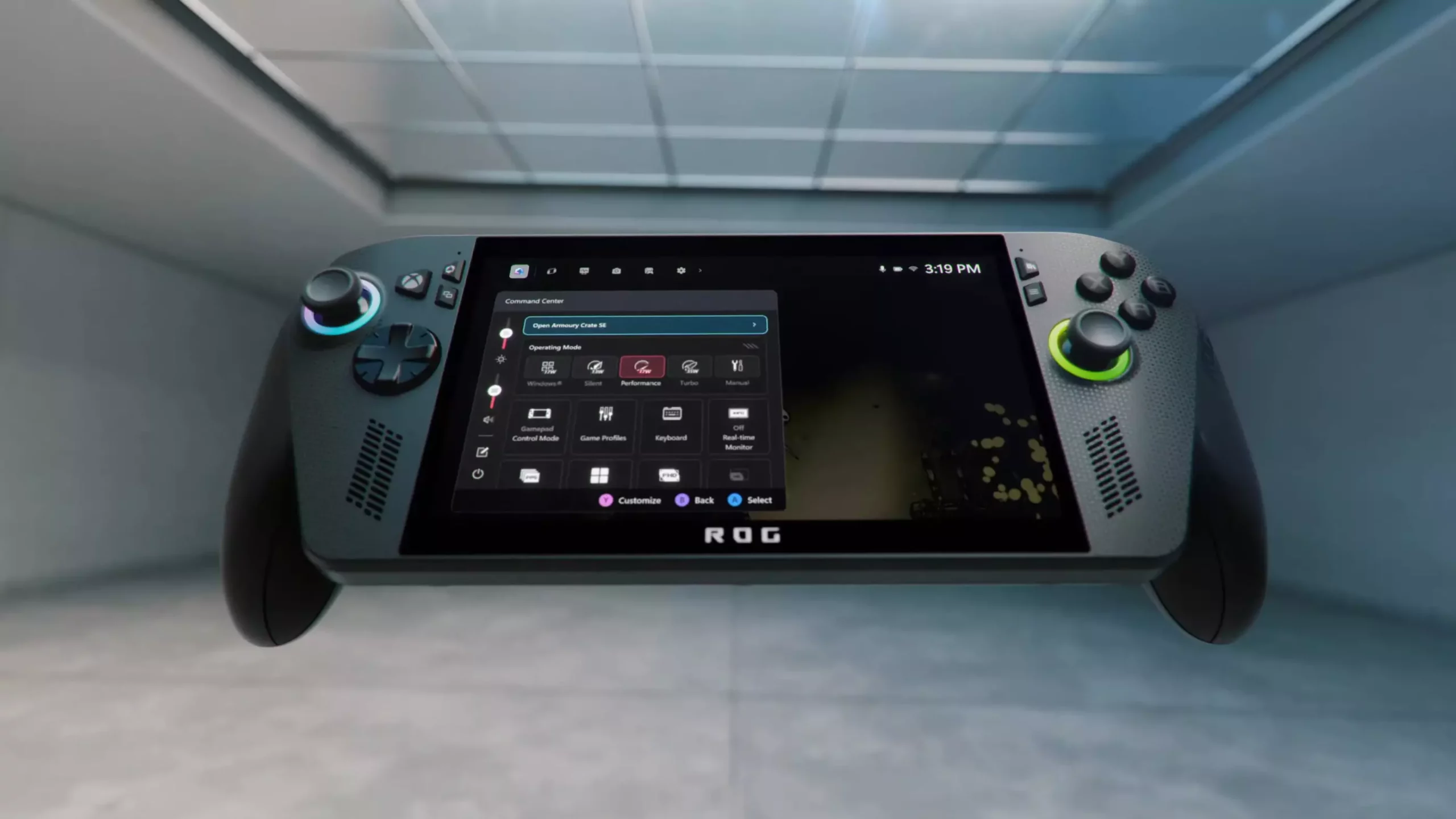Rumors swirling around the gaming world are suggesting that Microsoft’s ambitious foray into handheld consoles may be destined for the scrap heap. A recent report from the Verge indicates that the anticipated Xbox handheld console, often seen as the dawn of a new gaming medium, may have already been “essentially canceled.” This shocking claim raises various questions and implications that every gamer should consider. With the gaming landscape evolving at a rapid pace, understanding this potential shift could redefine how we view Xbox and its future strategies.
Understanding the Reality Behind the Rumors
First and foremost, it’s critical to dissect the information and source it’s derived from. The speculation revolves around devices such as the Asus ROG Xbox Ally and ROG Xbox Ally X. However, it’s essential to clarify that these are not true Xbox consoles but rather handheld PCs equipped with modified components and a streamlined version of Windows designed expressly for gaming. This technicality emphasizes a fundamental pivot in Microsoft’s approach—moving away from traditional hardware ownership to a model that emphasizes software and brand licensing.
The discourse around these developments suggests that Microsoft may engage third-party manufacturers for hardware collaboration, effectively phasing out the need for robust Xbox consoles produced solely by them. This could reflect a strategic response to retaining Game Pass subscribers and adapting to a rapidly changing market. In an age marked by the cloud and digital gaming, Microsoft’s pivot towards a more flexible hardware philosophy is likely a tactical move.
The Streamlining of Windows and Its Implications for Gaming
What tantalizes industry observers is the motivation behind the new, optimized Windows build that caters specifically to gaming devices. The effort appears to focus beyond just handheld gaming; it hints at a future where various forms of hardware can leverage the Xbox branding, leading to a new generation of gaming experiences. Microsoft seems to be betting that a thinner version of Windows tailored for gaming will create a versatile ecosystem that allows for increased compatibility and engagement with Xbox services.
By aligning themselves with third parties, Microsoft could provide a diverse range of devices—each incorporating the Xbox identity—while optimizing user experiences across all platforms. This business strategy mirrors successful models seen in other industries, where brand recognition remains key. However, it will hinge on Microsoft’s ability to effectively monetize and manage these external partnerships without compromising the quality and distinctness of the Xbox experience.
The Future: Accessible Adaptation Over Traditional Consoles
The core vision articulated in these developments is profoundly promising. If Microsoft transitions away from producing hardware itself, it could democratize gaming access, enabling a spectrum of “Xbox” consoles across various price points tailored to different consumer needs. Ultimately, this accessibility could redefine the market, leading to an expansive ecosystem that remains robust and diverse.
Tom Warren’s insights from Axios indicate that Microsoft’s strategic shifts are not merely fluctuations aimed at engaging the smaller handheld market—a segment that has historically struggled to compete with conventional console giants. Instead, Warren suggests that these moves are geared towards transmuting the Xbox experience into any device capable of handling that streamlined Windows build. The broader implications for Game Pass and Xbox PC games are even more tantalizing, as Microsoft positions itself to control the interface and experience across a variety of devices.
A New Gaming Paradigm: The Emphasis on Software Over Hardware
An essential component that distinguishes this user experience is Microsoft’s emerging focus on integrating gaming with existing technologies. For instance, the shift in Xbox branding, now referred to as ‘Xbox PC’, signifies a transformation in how Microsoft perceives its competitors, notably Steam. This transition may indicate a step towards consolidating a gaming platform that transcends traditional boundaries, advocating for inclusion rather than exclusivity.
As we evaluate these shifts, we must acknowledge the potential risks intertwined with such radical changes. While transitioning from hardware-centric offerings could reduce barriers, it could also complicate brand identity for Xbox, synonymous with robust consoles. However, the potential to create a game-centric app ecosystem leveraging cloud technology offers exciting possibilities for the future of gaming.
In an ever-evolving digital landscape, Microsoft’s strategy signifies more than just a financial maneuver; it embodies a visionary understanding of where gaming is heading. The road ahead may be uncertain, but one thing is clear: the foundations of gaming are being rebuilt to adapt to the demands and preferences of a new generation of players.

